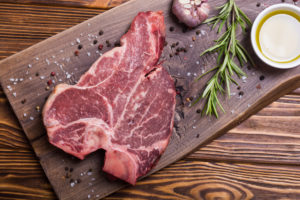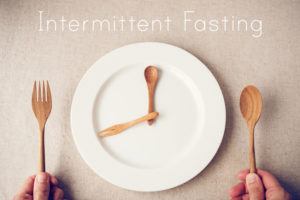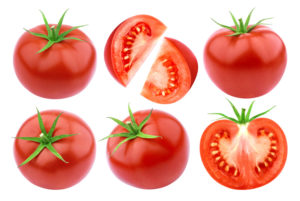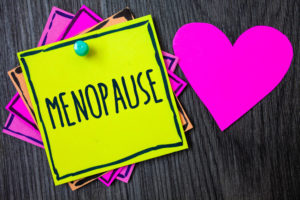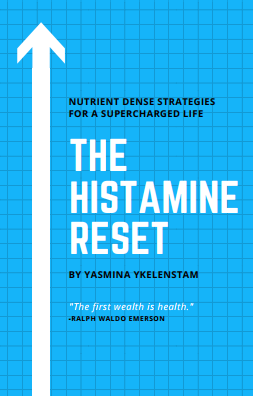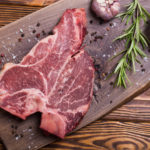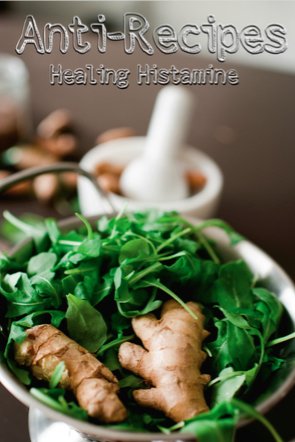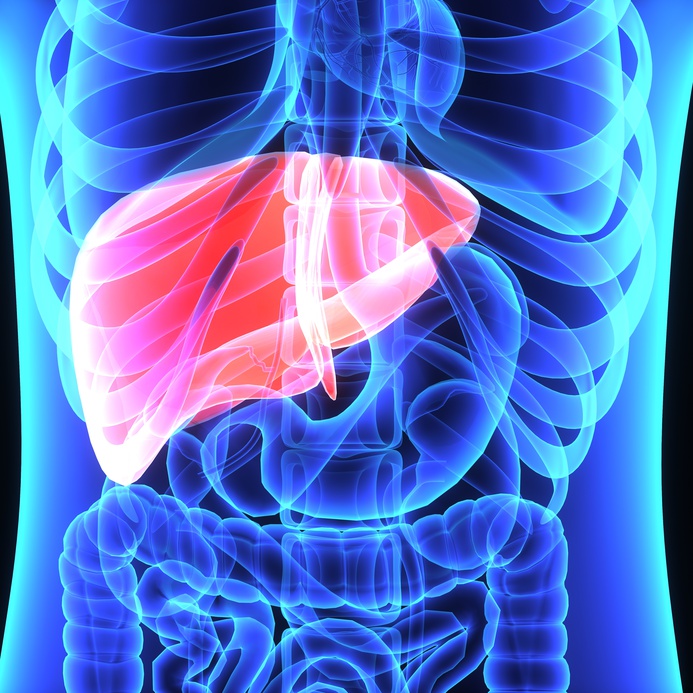
The liver plays an important role in breaking down histamine. Any damage or impairment of this organ may lead to excessive levels of histamine inflammation in the body, while too much histamine triggers elevated liver enzymes. This is your liver on histamine.
WHAT DOES THE LIVER ACTUALLY DO?
The liver’s job is to identify toxic substances and turn them into a harmless product that can be expelled from the body. Liver also contains a type of tissue that transports blood cells. The liver is in constant communication with the digestive system regarding the level of nutrients in the body, or perceived threats like medications, heavy metals and toxic substances.
The liver also regulates our blood supply.
It stores blood, helps us clot, and breaks down damaged cells so they can be flushed out.
This organ is one of the first to get involved when we’re infected with something nasty.
SYMPTOMS OF IMPAIRED LIVER FUNCTION
Fatigue
Weight loss
Lack of appetite
Nausea
Pain the the upper right side of the belly
Enlarged liver
Elevated liver enzymes
Dark pee
Please contact your medical professional if you suspect liver impairment
THE LIVER ON HISTAMINE
Researchers found that patients with liver disease have chronically elevated histamine levels as a result of mast cell activation. Those in the study had itchy, rashy skin.
And as with everything histamine related, it’s a case of chicken and egg, because excess blood histamine has been found to cause liver enzyme fluctuations (I know a lot of you write to me asking about this).
Mast cells are found in normal livers, but in alcoholism they play a role in the development of liver disease.
Mast cells are a part of the white blood cells that make up the immune system. They contain histamine and other inflammatory agents that they release to begin the healing process when we’re injured or sick.
Histamine is the first responder.
In one study researchers found that in a group of mast cell patients (mast cells release histamine):
75% had elevated cholesterol (patients were not overweight)
Just under 50% had elevated liver enzymes.
Alterations of the bile flow from liver was also found.
A study on ageing found that mast cells could have either a positive or negative impact on how the liver fares in later years (perhaps depending on how many medications it needs to deal with?). The study concluded that mast cell numbers in the liver are an important marker of chronic liver inflammation.
CLICK HERE FOR A FOUR WEEK HISTAMINE RESET WITH MEAL PLANNERS, STRESS RELIEF STRATEGIES & MORE
HOW TO DETOX & PROTECT THE LIVER
Milk thistle
Dandelion
Antioxidants
Vitamin E
Betaine
SAMe
Exercise: An animal study found that alcoholic rats (don’t ask, really) who ran, still had fattier livers than their teetotal colleagues. But the alcohol was no longer causing inflammation in the runners, thanks to their newly raised metabolism and mitochondrial boost.
Sulfurophane: likely the strongest available detoxifier of the liver. High in gluthione and also a very strong cancer cell killer. This compound (research suggests whole broccoli sprouts grown for just 48 hours are most effective) has been found to reverse liver damage.
FRUCTOSE & YOUR LIVER
I myself was worried for some time about the effect of all fructose on the liver. You probably remember a bunch of wellness people telling us we’d made a mistake with agave and coconut sugar, in thinking that they’re any better for us than white sugar. While yes, it’s correct that fructose is bad for the liver, creating fatty tissue and elevated liver enzymes. According to a review of published research by Dr. Michael Greger, New York Times bestselling author of “How Not to Die”, that applies only to industrialised/processed fructose. Whole fruit, served with its fiber, did not have the same detrimental effect on the liver.
It’s not clear to me if coconut sugar falls into this highly processed category, but for now it remains in my (rare) baked recipes. I’ve found that combining it with monk fruit sweetener cuts down on the total carbohydrates and sugars.
MY EXPERIENCE
I’ve never been diagnosed with elevated liver enzymes but I did suffer from a very bizarre, and debilitating, stabbing pain in the liver area. It went on for years, before lessening in intensity and then disappearing for good.
During my months long grueling treatment for the rare breast cancer (which I believe is the result of chemical exposure while covering war zones as a journalist), that I’m now in remission from, I was told to expect some kind of liver impairment or lasting damage.
I drank broccoli sprout juice as often as I could, loaded up on healing antioxidants found in spades in my Man Food cookbook and in my online workshop Beyond the Low Histamine Diet, and had no abnormal results throughout the aggressive treatment. While many factors are obviously at play, diet and exercise combined helped protect my liver, and judging by my test results, the rest of me too!
CLICK HERE FOR A FOUR WEEK HISTAMINE RESET WITH MEAL PLANNERS, STRESS RELIEF STRATEGIES & MORE
——REFERENCES——


